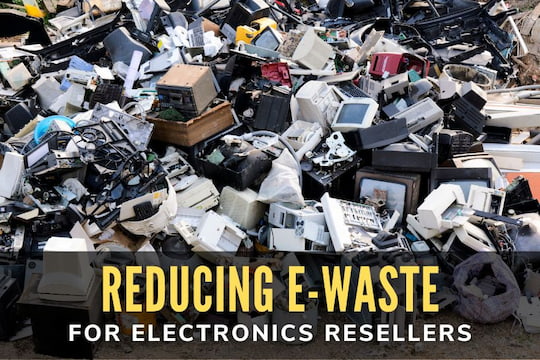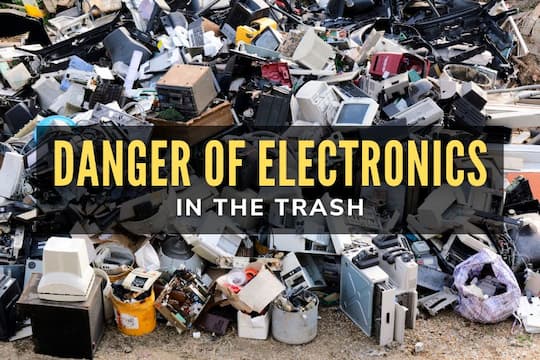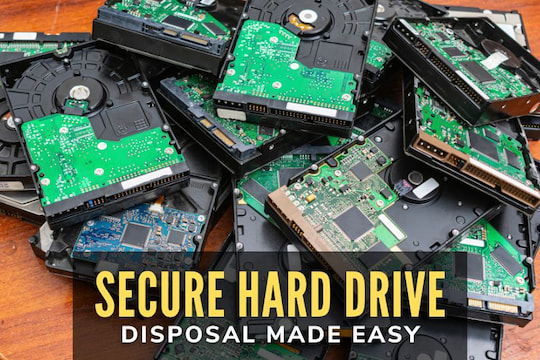If you are the owner of a small business, there are a lot of things you have to consider to keep the business running smoothly. Unfortunately, there is a crucial piece of information to running a small business that is often overlooked. The key is to keep your customers’ data secure to maintain trust between your customers. This is a somewhat new and growing problem for companies, as most business transactions are done online and there is always a chance of cyber attacks occurring. Thankfully, there are some steps you can carry to ensure the safety of your customers’ data.

The first thing you should do is to have PCI compliance to have the basic required level of protection. If you are going to accept all the major debit and credit cards, not being PCI compliant is not an option. It is vital to have PCI compliance so you can make purchasing easy and safe for your customers. Another thing you should probably consider doing is to update the POS system. As technology advances, more businesses are moving towards EMV. EMV is the technical standard that ensures that chip-based debit and credit cards are compatible. If you have an updated POS device, it will allow you to do business with customers who have cards that contain embedded chips or microprocessors. More and more major credit cards are offering these chips because it allows for greater protection against fraud.
The cloud is also something you should look into if you have not already. Many POS and management systems are now storing data and information in the cloud. This is because the cloud is convenient and often more secure than other data storage methods. This is because when you use the cloud, a business owner can access data at any time from a computer or device, as long as you are connected to the Internet. This also allows for small business owners to have access to data backup if there is some loss of information. You should also encrypt and tokenize your data. Transactions are most vulnerable during the pre- and post-authorizations so encryption and tokenizations will better protect your customers. The final step you should consider is to have a trusted adviser that you can turn to regarding data security responsibilities. If you follow these best practices for data security, you can better ensure the safety and happiness of your customers.





















